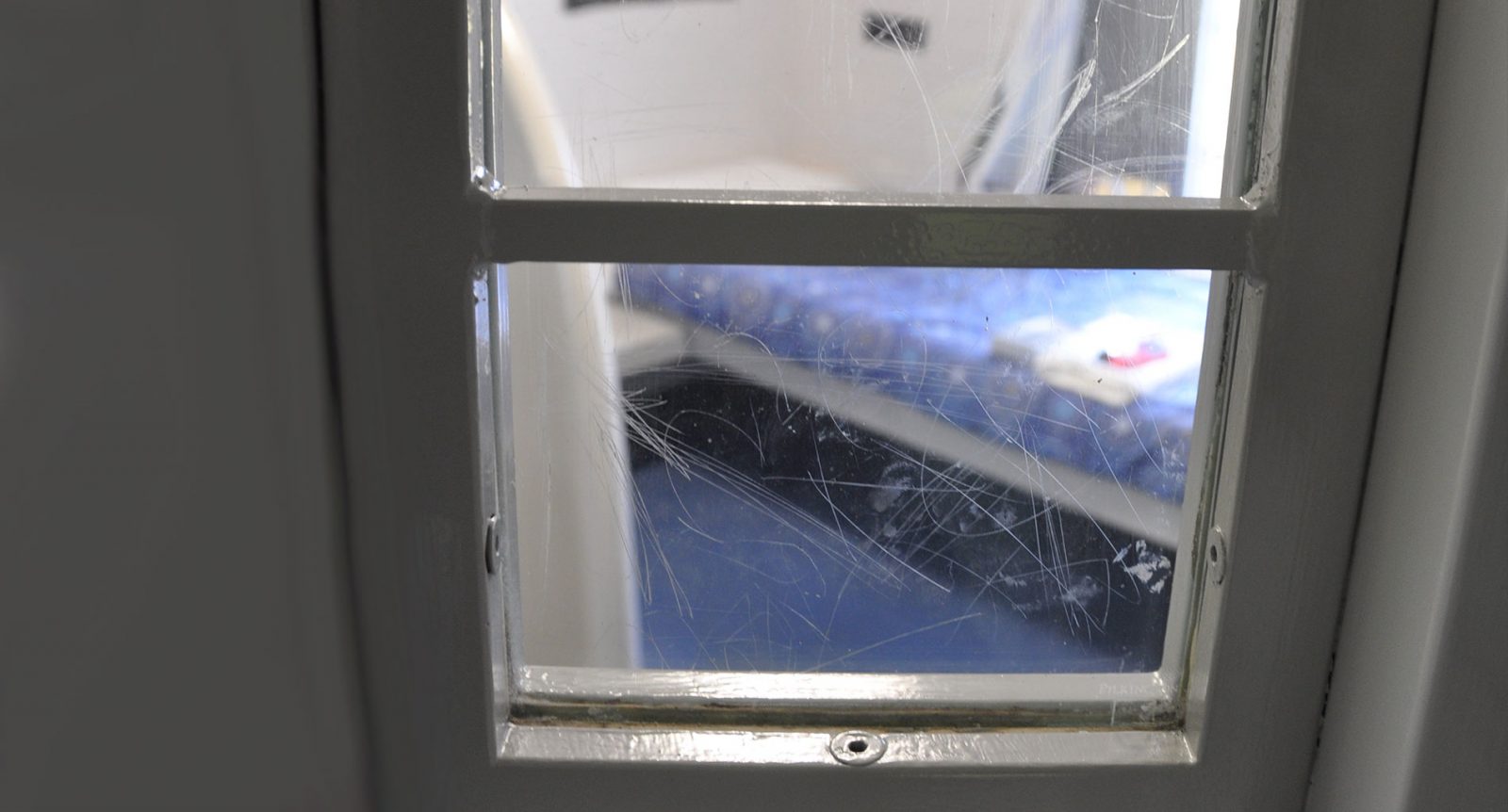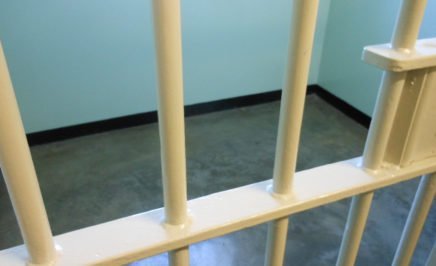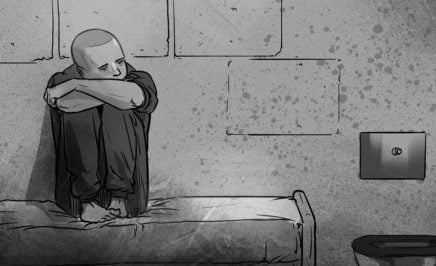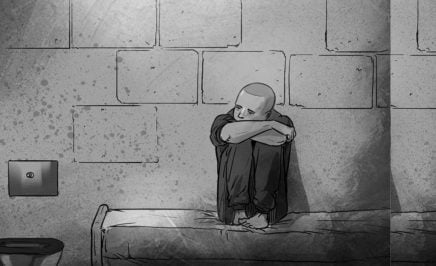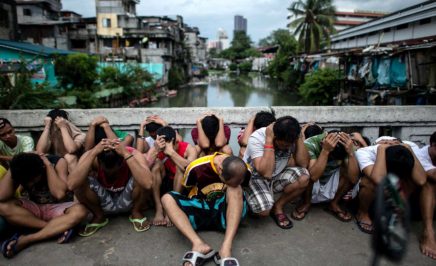By Tammy Solonec, Indigenous Rights Manager. This article originally appeared in the Koori Mail.
Western Australia’s youth justice system has been crumbling under successive governments for a long time and, while last month brought two promising moves for change, this has yet to translate into reality for children suffering in the system.
Target 120
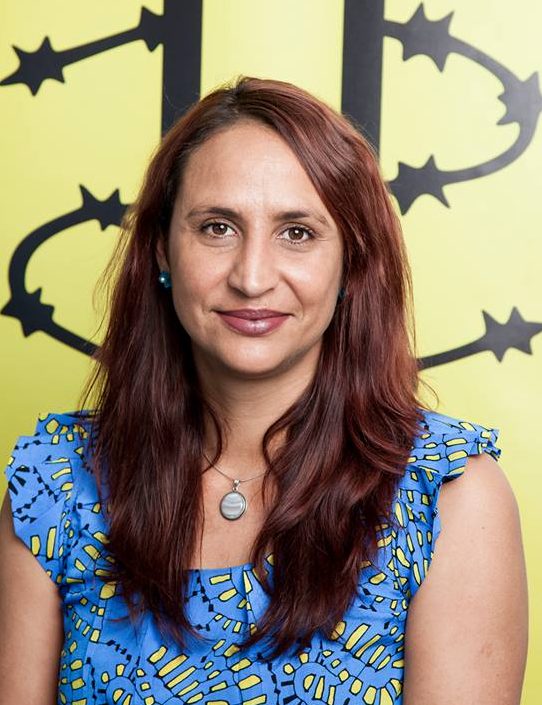
On 11 May the Government of Western Australia (WA) announced the rollout of ‘Target 120’, which, though light on detail, at first glance looks like a positive program.
Target 120 aims to support up to 300 WA young people and their families with the difficulties they face in their young lives, like substance abuse, domestic violence, low school attendance and mental health issues.
The program’s aim is to prevent young people from spiralling to the point of offending and being locked up – a win-win situation for young people and the broader WA community.
Custody Notification Service
The same day, WA announced the rollout of the long-awaited Custody Notification Service which means police must inform the Aboriginal Legal Service every time an Indigenous child or adult is taken into custody.
In the two decades a similar service has been running in NSW, only one Indigenous person has died in custody
While both programs are welcome there are still stark stark reminders of the damaging reality of the youth justice system for those young people suffering in it right now.
Young people in adult prison
In May, a teenager in Banksia Hill Detention Centre had his application approved to transfer to adult prison. It is shocking that Banksia has been so harmful for this young person he would rather be sent to a harsh, maximum-security Hakea Prison with adults, than suffer another day in Banksia.
His story is one of institutionalisation and brutalisation in WA’s youth justice system.
He has been locked up for over a year in the so-called ‘Intensive Support Unit’ (ISU), in forced separation from the general population in Banksia. The name of the unit is misleading because what it has done for this teenager is the opposite of support.
The WA Inspector of Custodial Services recently labelled the Unit “a highly inappropriate and counter-therapeutic environment to house young people who are, or had been, acutely mentally unwell.”
Within the unit, the teenager has been held in a cell no bigger than a car parking space. He sleeps on a thin plastic mattress on a metal bed and takes his daily exercise in a cage.
His mother told me that, when she visited her son, even on 40-degree days, he wore a jumper to hide his self-harm scars.
The Inspector is currently investigating serious allegations of the abuse of the teenager in this unit, including:
- excessive use of force and restraints
- limited access to a psychologist and education
- denial of access to a shower
- having to ‘earn’ the use of bedding materials
- having to kneel for his food or be fed through a grill in the door.
Perhaps most seriously, it is alleged he was held in solitary confinement for up to a fortnight, a breach of WA’s Young Offenders Act 1994 and the United Nations Rules for the Protection of Juveniles Deprived of their Liberty.
System not working
These allegations follow decades of damaging treatment of children in Banksia.
In 2015 to 2016, there were a staggering 13,000 strip searches, with kids as young as 10 made to strip naked in front of adult staff. Out of all those searches, only 10 contraband items were found.
On top of this, the Telethon Institute found earlier this year that 90 per cent of kids in WA detention have a brain injury. What these kids need is healthcare, not a criminal record.
Clearly, the system is not working. A recent Productivity Commission report found that more than half of children released from WA detention were locked up again within a year. Indigenous children, who make up seven out of ten children in Banksia, and with WA having Australia’s highest overrepresentation of Indigenous children in detention.
Therapeutic approach is crucial
It is vital that WA stops hurting kids and switches to a therapeutic approach. This is particularly crucial for Indigenous children, who make up seven out of ten children in Banksia and with WA having Australia’s highest overrepresentation of Indigenous children in detention.
The WA Government must support Indigenous children to thrive, through innovative Indigenous-led programs such as the Wirrpanda Foundation in Perth and the Kimberley’s Yirriman Project.
Childhood is such an important time, when kids are shaped into the adults they become.
All kids make mistakes – it’s a normal part of childhood. It’s how we learn. Children need to be around healthy adults in a healthy community, so they can learn from their mistakes with our guidance, with our support, and with our love.
